
OR
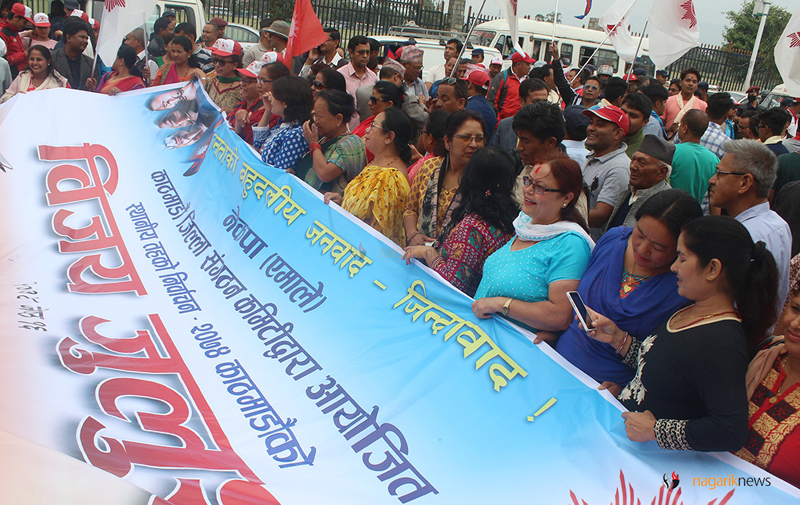
Apart from being a step toward implementing constitution, local elections mark the first step to institutionalizing federalism.
The first two phases of local elections saw an overwhelming turnout. This is meaningful in many ways. It has proved that this election is a milestone in Nepal’s transition to democracy so much so that even the political parties which had earlier vowed to boycott and disrupt the polls filed candidacy in the second phase as ‘independent’ candidates. This has made the third phase slated for September 18 unavoidable. Pressures are mounting on dissenting Rastriya Janata Party Nepal (RJPN) leaders to participate in the third phase.
Apart from being a step towards implementing constitution, local elections mark the first step towards institutionalizing federalism. Needless say, many other factors determine successful implementation of federalism but since local units chart their policies and programs independently, they will contribute to bringing the government to people’s doorsteps.
Challenges, however, remain. The most pressing challenge is going to be on political management of local units vis-à-vis distribution of resources and relations of the local levels with provincial and federal government. Accountability and transparency factors cannot be undermined precisely for the reason that modern democracy or government ought to be accountable to the voters. So how can we ensure success of the local governance in the new political setup?
The local units have been constitutionally assigned roles and responsibilities of formulating effective and accountable governance system by devolving authorities to the people’s representatives. The newly formed metropolises, sub-metropolis, municipal councils, and village councils are responsible for providing services such as health, education, employment opportunities and building local infrastructures. Ability to deliver these services will largely depend on capacity of local bodies and the commitment of the political leaders to empower the local people in the real sense. For now, however, it is crucial to strengthen the administrative capacity and enhance institutional setup of local units.
In absence of strong administrative and institutional mechanism, the local units won’t be able to generate and manage resources for local development projects themselves. Or even if the central government allocates enough budget for the local units, it will be meaningless if they cannot properly utilize the budget. For instance, the government has allocated sizeable budget of Rs 225 billion for 744 local units but owing to lack of proper rules on how to and where to spend that budget, the elected local representatives look confused. This is the result of absence of proper planning and coordination.
Most local units were created through mergers of VDCs. Municipalities were declared without proper homework and consultation with the locals. So new local bodies have failed to identify resources that are required and can be mobilized. Thus we need to identify the development priorities and needs of different local units and spend the allocated budget accordingly. It will be a disaster if the new local units, like in the past, fail to spend the development budget allocated for them.
New local bodies lack efficient human resources. The government seems clueless as to how to manage human resource for newly created positions in the local units. Prompt deployment of civil servants from the center to the respective local offices can help tackle this confusion. Likewise, enhancing capacity of the local units can only be done when the government employs efficient human resources well versed on local needs in the changed context. Besides, the newly elected local level representatives should be oriented on their responsibilities and roles in the new environment. Various training and orientation programs may have to be conducted to enhance local governance mechanism, leadership and accountability.
Equally important is to uproot rampant corruption in local levels. So far politicians and their close associates have been thriving on patronage and corruption. In this context, devolving powers to local bodies could also mean decentralizing corruption. We have already seen how corruption has percolated down to the grassroots level in absence of proper checks and balances. The absence of elected local bodies for the past 20 years has only entrenched misappropriation of funds. Thus the government needs to devise required institutional and legal frameworks at the earliest to avoid such malpractices.
People might not easily trust their local representatives because in the last 20 years they have rarely experienced accountable and effective delivery of services. The newly elected representatives need to rebuild the trust with their voters. If they put people’s concerns first, they would be able to do so easily. It is also important to make people aware about new roles and powers of local governance system and how they can contribute to making it functioning.
There are huge expectations from local government bodies. Main challenge will be to meet those expectations.
Formulation of new set up for the local governance is historic step in a sense that it would make people feel that the government has actually reached their doorsteps. This will be one-step close to making grassroots democracy meaningful. The litmus test, however, lies in managing the local units and empowering them to function efficiently.
Constitution has fully empowered the local governments. But this alone won’t make them functioning and effective. All the stakeholders need to sincerely work to make each local government unit a self-maintained system.
The writer teaches at the Department of Conflict, Peace and Development Studies,
Tribhuvan University
You May Like This

Making it big
With those alluring eyes, warm smile, and radiant looks, Shilpa Maskey is all set to make her presence felt in... Read More...

Making it on You Tube
Yeshidon (Yeshi Dolma Lama) is one of the few Nepalis with a prominent internet presence. Last we checked her following... Read More...

Drawing it as it is
I came up with the name Miss Moti because a friend used to call me Moti. I wanted to change... Read More...




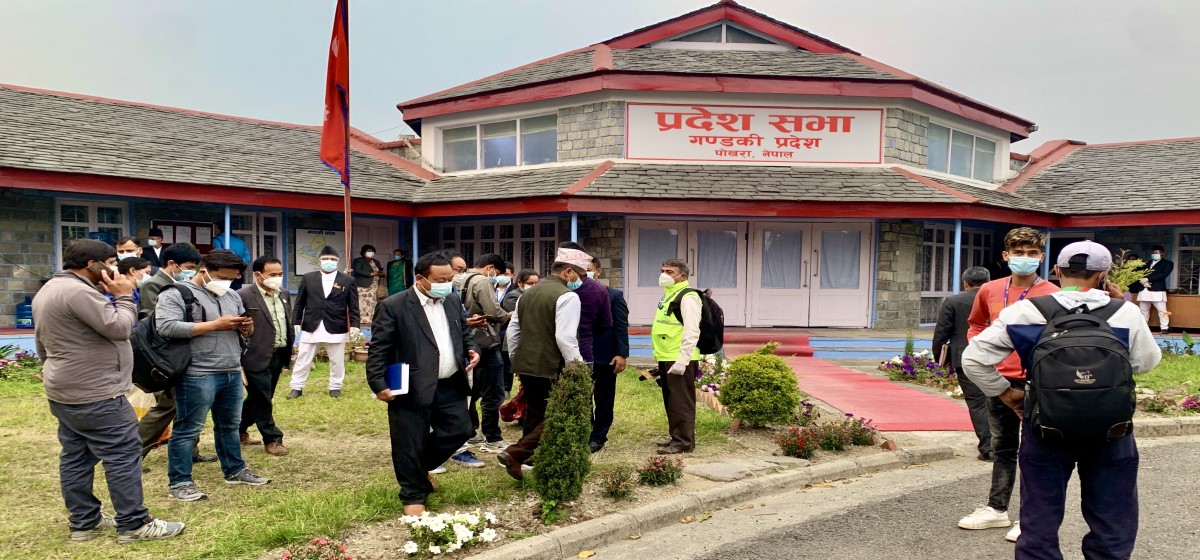

Just In
- Altitude sickness deaths increasing in Mustang
- Weather forecast bulletin to cover predictions for a week
- Border checkpoints in Sudurpaschim Province to remain closed till Friday evening
- Gandaki Province Assembly session summoned
- CM Karki to Speaker: Resolution motion for vote of confidence unconstitutional
- EC reminds all for compliance with Election CoC
- 13 killed, several injured after strike at Al-Maghazi refugee camp in Gaza
- NA team leaves for Solukhumbu to launch Clean Mountain Campaign








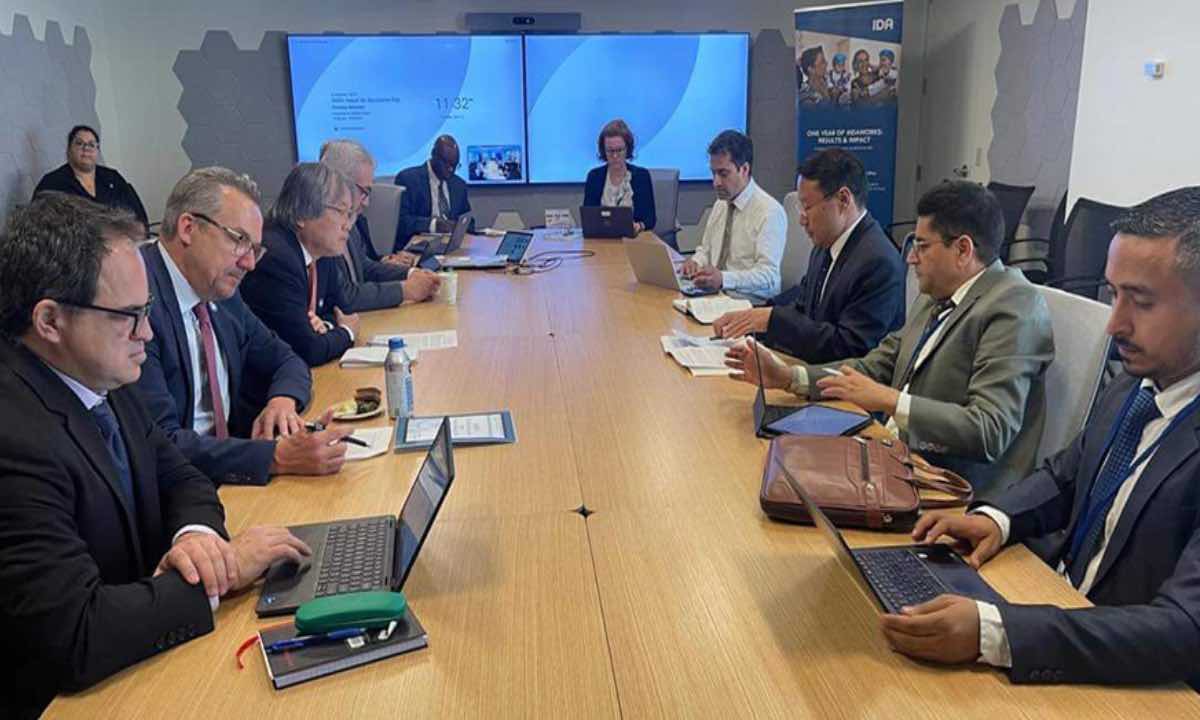

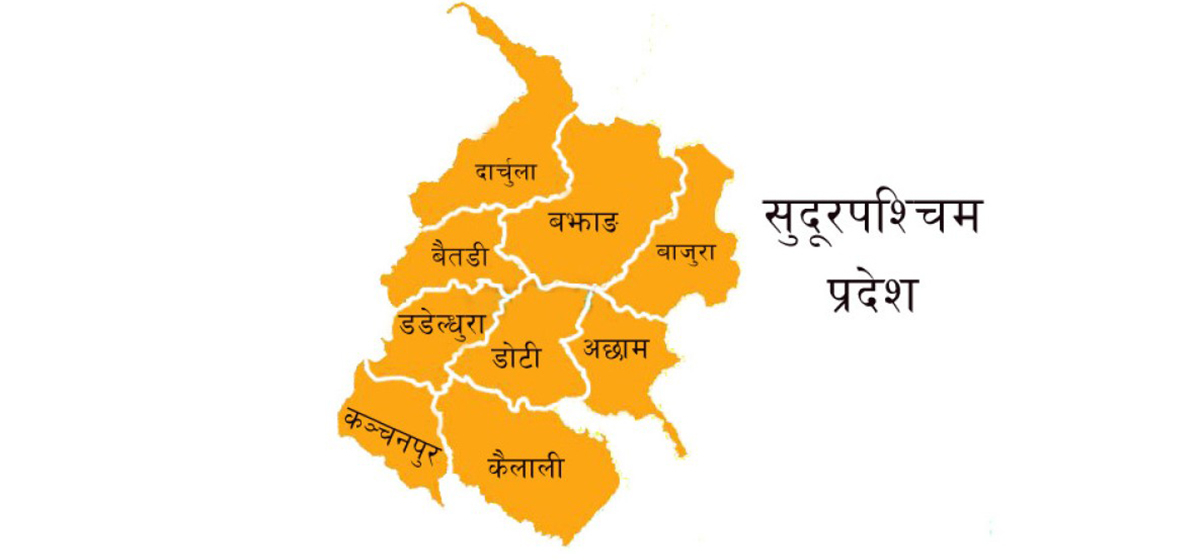
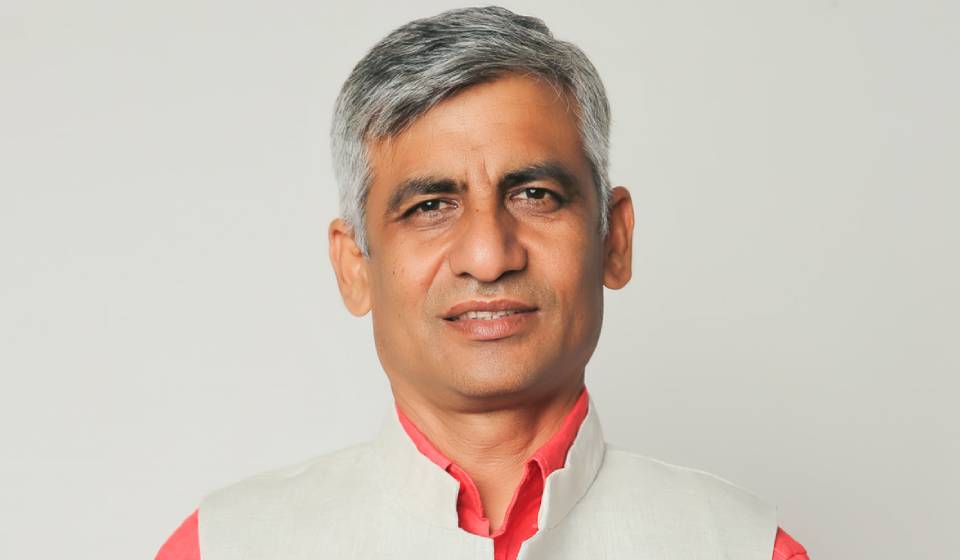


Leave A Comment